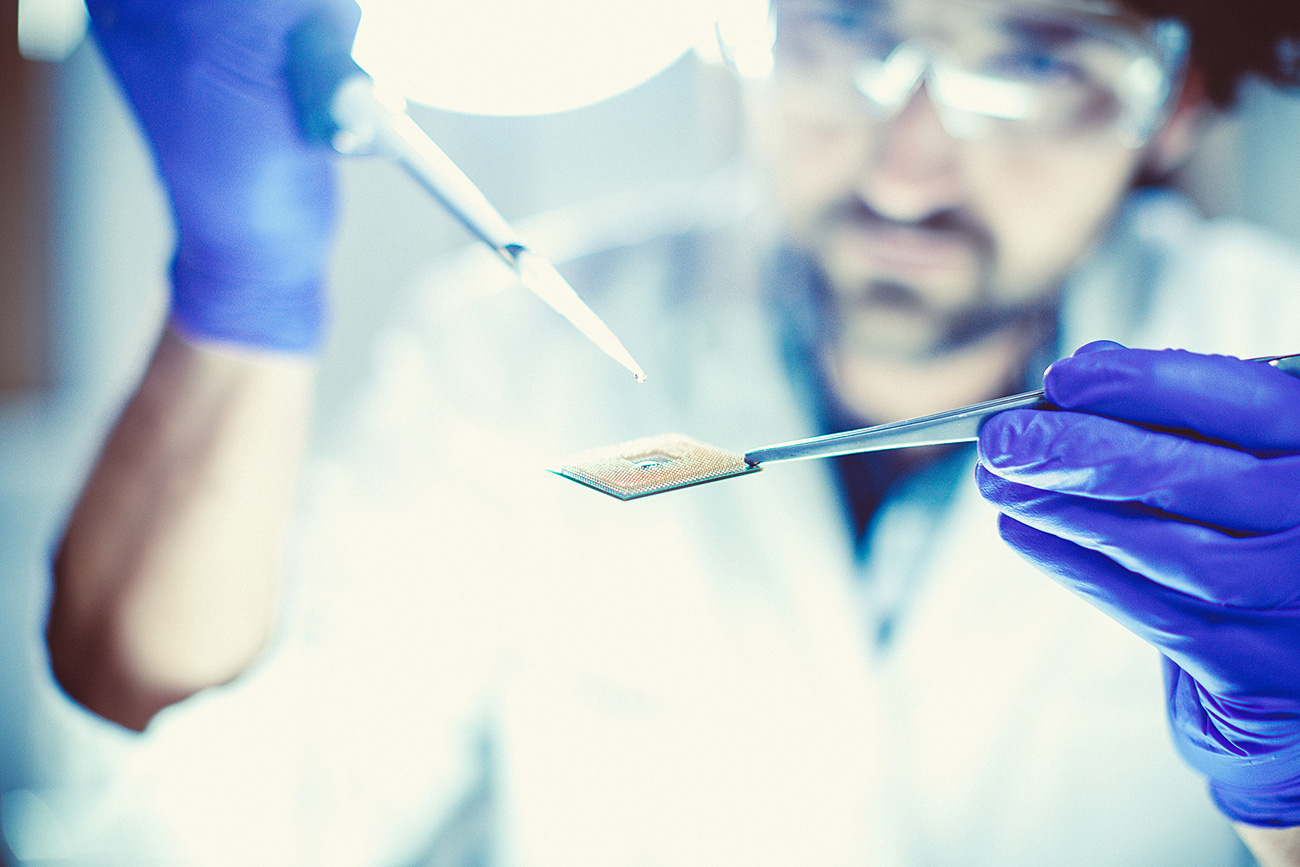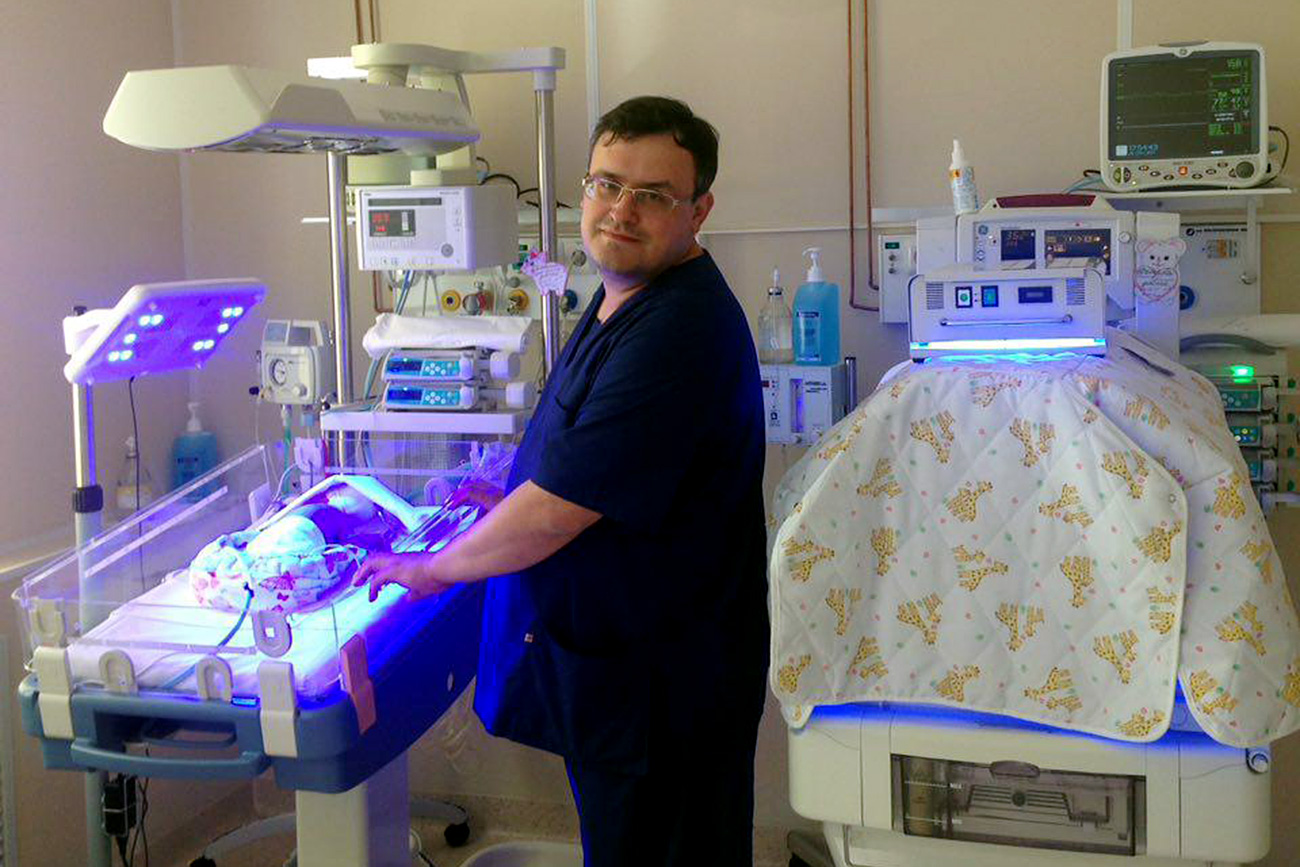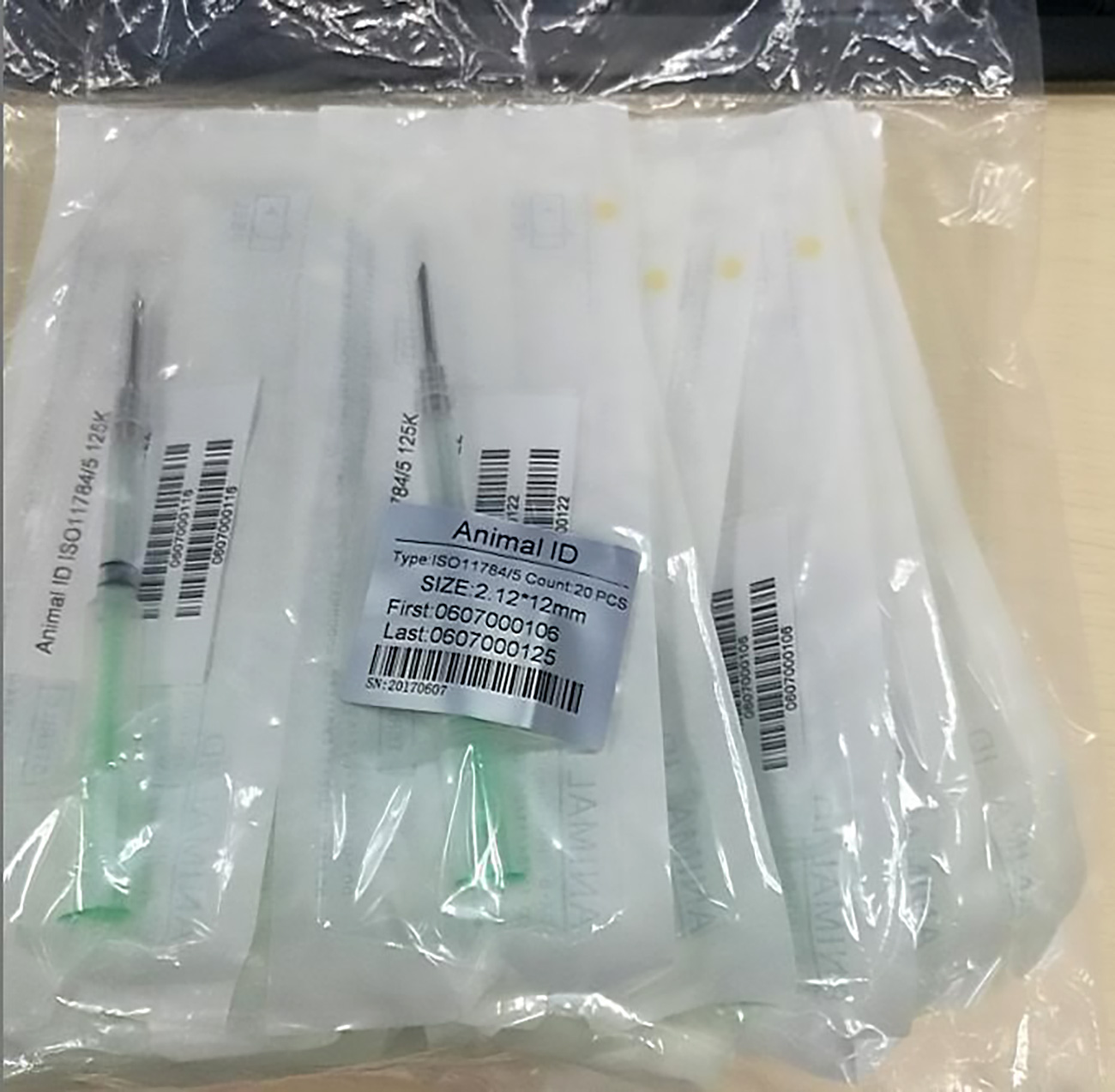
NFC and RFID chips can be implanted in hands and serve as a subway pass and a bank card.
Getty ImagesIn June 2015 Moscow engineer Vlad Zaitsev implanted a NFC (near-field communication) chip in his left hand. He was able to use it as an alternative to a subway pass card. Since then, he has upgraded it to a newer version that has a bank card chip in it and lets him pay with a simple hand gesture.
He is not the only person in Russia to implant a chip in his body. Another ‘cyborg’ based in Novosibirsk, Alexander Volchek, who is an obstetrician-gynecologist in a local hospital, has four chips and one magnet in his hands. IT specialist Daniil Lytkin, who happens to live in the same town as Volchek, has a compass implanted in his chest that vibrates every time he turns to the north.
Evgeny Chereshnev from Biolink Technologies is a self-proclaimed cyborg with a chip in his hand, who had a blog named #BionicManDiary. He openly talks about the positives and negatives of of having a chip, as well as security issues, and the practical usage of a chip .
Jan Zhuzhkov from Zelenograd had implanted chips in his hands more than 2 years ago. He dedicated a blog post to his life with them. There are many more people with such implants, with a majority choosing to stay anonymous.
Convenience is the main reason for implanting chips, Volchek told RBTH. Practical implementation of the implanted NFC and RFID (radio-frequency identification) chips includes unlocking doors, paying for goods in any part of the world and using the chip as a pass.
Zaitsev, who uses a chip connected to his bank card, says that it is easy to top up an account using a mobile app of the bank. The bank, he adds, “knew about the experiment and supported him.” He, however, says, “But they insisted that I take full responsibility for my actions.”
Since bank cards have an expiration date, “the chip cannot be used after it expires,” Zaitsev told RBTH. “However, it can still be used as an RFID tag to open doors and unblock smartphones.”
A chip can even be used to verify a person’s identity on social networks, Chereshnev writes in his blog.
 Evgeny Chereshnev has a chip in his hand / Press Photo
Evgeny Chereshnev has a chip in his hand / Press Photo
Another security implementation connected with people identification may include “encryption mediums,” which will help share private information only with selected people, adds Volchek.
It can also be used as a medical record of a patient, writes Chereshnev. This specific area particularly attracts Alexander Volchek, who being a doctor himself, is highly interested in “medicine-applicable chips like an implantable glucometer.”
Albert Efimov, Head of the Robotic Center at Skolkovo, a Russian hub for innovative technology, told RBTH that a chip is not needed to verify a person’s identity. “A person can be identified using his or her natural passport – a face. Machines can already distinguish people’s faces better than people themselves.”
Therefore, “using chips in medicine seems more rational,” he adds. It will be “very useful for keeping an eye on our health and lifestyle,” Efimov believes.
It isn’t just convenience makes chip implantation attractive. Daniil Lytkin, who has a compass in his chest that vibrates every time he turns north, explains that it may “become a new sense of direction.”
“Many animals have enhanced senses, for example mantis shrimps can see wavelengths in the ultraviolet and infrared spectrum,” he adds in an interview with NGS News. “Imagine if a human being can access things that he cannot naturally understand,” Lytkin adds.
 Alexander Volchek is an Ob/Gyn in one of the hospitals of Novosibirsk / Personal archive
Alexander Volchek is an Ob/Gyn in one of the hospitals of Novosibirsk / Personal archive
Alexander Volchek, who also has a tiny magnet in one of his fingers, says that they can help one feel the sources of magnetic field as “tactile sensations.” And though Volchek and his counterparts originally planned to use the magnet for the removal of foreign objects made of iron, it “wasn’t powerful enough.”
The magnet allows him to collect small metal objects while, for example, repairing something, Volchek told RBTH. “I can magnetically attract a scalpel blade to my finger” without taking it in my hands, he adds.
Efimov explains it philosophically, saying that “people are prone to improving the world around them,” while some “improve themselves.” It will not speed up the evolution process, he adds, but “a person wants to better himself faster than nature can so.”
There are very few downsides to chip implantation such as the surgical operation and the fact that the chip “can be seen,” Zaitsev says. He also warns about the possible consequences of the operation. An operation requires local anesthesia, and three weeks later the stitches have to be taken off, he adds.
 Smaller chips can be implanted with a thick needle / Personal archive
Smaller chips can be implanted with a thick needle / Personal archive
Since chip is made from corrosive metals, it has to have a capsule that will not let it rust. Sometimes a biocompatible glass is used for the implantation, but lately “the industry has started to deviate from biocompatible glass,” says Volchek, adding that silicone helps in making different kinds of chips.
Since chip implantation is not considered a medical procedure, Volchek can openly talk about his patients. “I have personally implanted almost 40 chips, I believe, and 11 of them were for my colleagues.” Even his wife has one, he adds.
The leader of the Transhumanism Movement in Russia has also implanted chips, adds Zaitsev. “We developed a chip for him: a Troika subway pass in one hand and a bank card in another.”
If using any of Russia Beyond's content, partly or in full, always provide an active hyperlink to the original material.
Subscribe
to our newsletter!
Get the week's best stories straight to your inbox